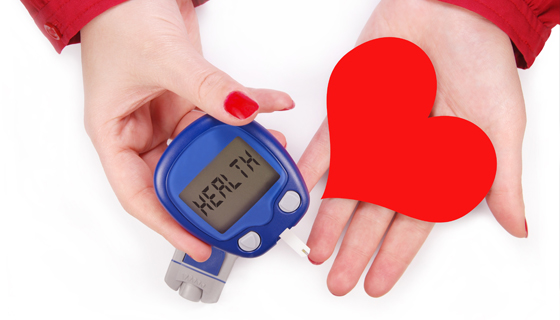
Diabetes, a chronic condition characterized by high blood sugar levels, has prompted significant advancements in its treatment options. Here are some key aspects of modern diabetes treatment:
Lifestyle Modifications: Lifestyle changes, including dietary adjustments, regular exercise, and weight management, play a crucial role in diabetes management. Adopting a healthy lifestyle can help regulate blood sugar levels and reduce the risk of complications associated with diabetes.
Medication: Pharmacotherapy forms the cornerstone of diabetes treatment, particularly for individuals with type 2 diabetes or those who do not achieve adequate blood sugar control through lifestyle changes alone. Medications such as metformin, sulfonylureas, insulin, and newer classes of drugs like SGLT2 inhibitors and GLP-1 receptor agonists are prescribed based on individual needs and response to treatment.
Insulin Therapy: For individuals with type 1 diabetes or advanced type 2 diabetes, insulin therapy is often necessary to regulate blood sugar levels effectively. Advances in insulin delivery systems, including insulin pens, pumps, and continuous glucose monitoring (CGM) devices, have improved insulin administration and monitoring, leading to better glycemic control and reduced risk of hypoglycemia.
Continuous Glucose Monitoring (CGM): CGM technology allows individuals to monitor their blood sugar levels continuously, providing real-time data to guide treatment decisions. CGM systems offer insights into glucose trends, help identify patterns, and alert users to impending hypoglycemia or hyperglycemia, enabling timely interventions to maintain optimal blood sugar levels.
Artificial Pancreas Systems: Integrated insulin pump-CGM systems, known as artificial pancreas systems or closed-loop systems, automate insulin delivery based on CGM readings, mimicking the function of a healthy pancreas. These systems offer improved glycemic control, reduced hypoglycemia risk, and enhanced quality of life for individuals with diabetes.
Bariatric Surgery: In select cases of severe obesity and type 2 diabetes, bariatric surgery may be considered as a treatment option. Procedures such as gastric bypass and sleeve gastrectomy have been shown to induce weight loss, improve insulin sensitivity, and achieve remission of diabetes in some patients.
Regenerative Medicine: Emerging therapies, including stem cell transplantation and regenerative approaches, hold promise for restoring pancreatic function and reversing diabetes. While still in the experimental stage, these innovative treatments offer potential avenues for long-term disease management and cure.
In conclusion, the landscape of diabetes treatment continues to evolve with advancements in medical technology, pharmacotherapy, and innovative therapies. By adopting a comprehensive approach that integrates lifestyle modifications, medication, and emerging treatments, healthcare providers can empower individuals with diabetes to lead healthier, more fulfilling lives while effectively managing their condition.